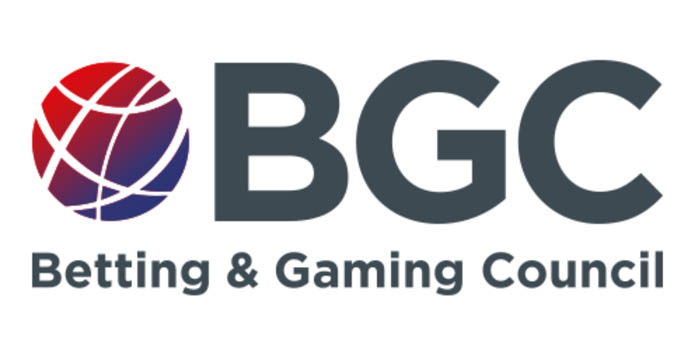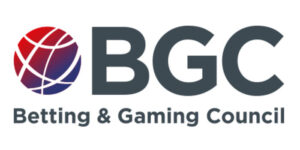BGC to Support RET Levy if Land-Based Operators Are Protected
The BGC wants to see continued funding for RET provided the government recognizes that land-based operators are under greater cost pressures

Britain’s Betting and Gaming Council said that it would welcome a mandatory levy to fund gambling research, education and treatment (RET) services if it is independent and tiered to protect land-based companies.
The mandatory levy is a measure proposed ahead of the release of the white paper which will revolutionize British gambling law. It would force operators to provide 1% of their proceeds as funding for RET services, helping to keep problem gambling rates low.
For the past two decades, RET services in the UK have been dependent on voluntary donations. BGC’s four largest members, for example, have been providing millions in RET contributions for the last few years.
However, some believe that enforcing a mandatory levy would be a preferable alternative. The proposed levy has become the subject of various debates and controversies with some claiming it would cause more harm than good.
The Government Must Protect Land-Based Businesses
The BGC would accept a mandatory levy if the new system would ensure mandatory contributions and continued independence of funding allocation. In addition, the commission said that land-based companies, who have inherently higher expenses, should pay less than their online counterparts.
The BGC disagrees with the proposed blanked 1% fee on all members because of the differences between the businesses within the gambling industry. A recent industry analysis, the commission pointed out, shows that a new blanket 1% statutory levy to land-based operators would be the equivalent of a 10-15% hit on post-tax profits because of the fixed costs which do not apply to iGaming companies.
The BGC’s chief executive, Michael Dugher, voiced his thoughts on the matter:
We want to see continued sustainable funding for RET provided it recognizes the fact land-based operators are under greater cost pressures, so there has to be appropriate mitigation, and that funds continue to be distributed effectively and genuinely independently.
Michael Dugher, CEO, BGC
Dugher added that the union’s largest members already voluntarily pay 1% to fund RET services. These companies, he said, want to be sure that their money would be used to fund independent evidence-led research.
Dugher noted that it is imperative to maintain gambling harm rates low and make sure that people with gambling disorders can receive the help they need. He noted that there is “some brilliant treatment” available in the third sector and noted that the government should make sure not to put that provision at risk.
What’s important is that the money goes to helping the tiny minority of people who need it, not wasted on the cottage industry of anti-gambling prohibitionists, masquerading their biased work as “research.”
Michael Dugher, CEO, BGC
The CEO also emphasized that the government should be careful not to jeopardize the jobs of people within the industry when introducing a new tax.
The BGC concluded that it supports the gambling white paper and considers it an opportunity to raise standards and deliver jobs and growth. However, the union is firm that change should be handled responsibly and in a way that will not amplify harm by channeling people toward the dangerous black market.
Angel has a passion for all forms of writing, be it fiction or nonfiction. His curious nature gives him an ace up his sleeve when researching a new topic. Angel’s thirst for knowledge, paired with adaptability, always helps him find his way around.















